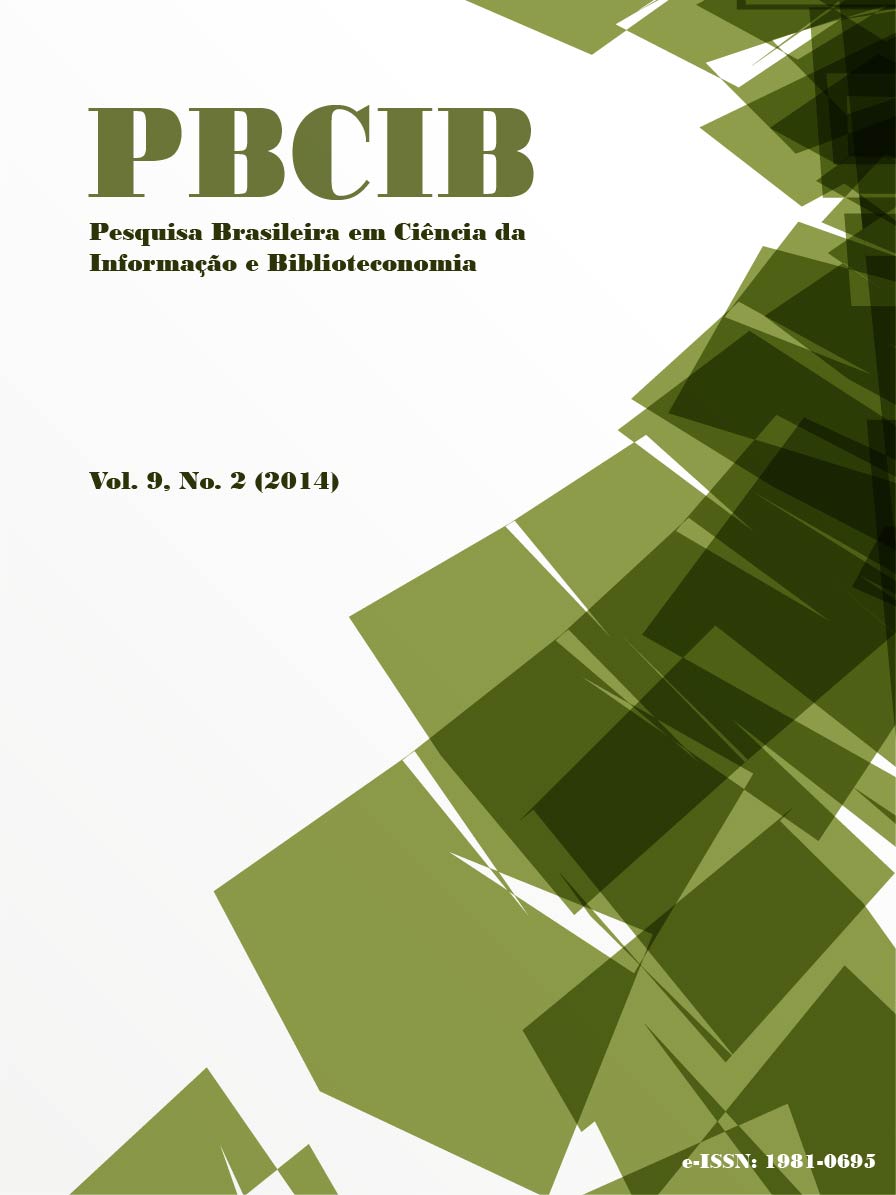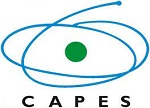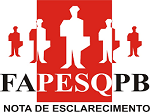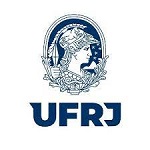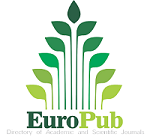Elements of social representation theory in collaborative tagging systems
Visualizações: 58Resumo
This article discusses the information representation process based on the Moscovici’s Social Representation Theory and domainanalysis in Information Science. The aim was to identify mechanisms and constituent dimensions of social representation incollaborative tagging systems/social bookmarking systems. Scientific knowledge was defined as the object/phenomenon ofrepresentation in these systems; and the tag as the shareable structure of meaning that connects participants and resources. Theempirical research involved descriptive statistical techniques applied to a corpora of tags available in CiteULike, which is a socialtagging system developed for the academic community. The data analysis, performed in a sample of groups derived from thedataset, showed that the users’ reuse of their own tags resembles the anchorage mechanism. The reuse of tags by other participants- in the same group - reveals some evidence of the objectification mechanism. Some speculation arose about the cognitive effortmade by the individual, under group influence, with regard to the tagging activity, user’s choice of resources, and sharing styles.Further studies on social bookmarking systems depend both on a “gain scale” of users and items tagged, requiring techniques andprocedures redesigned by Information Science, Statistics, Network Analysis, Linguistics/Sociolinguistics and Social Psychology.
Palavras-chave: Information representation. Information sharing styles. Social bookmarking systems. Social representation theory.
Link para o texto completo (PDF)
http://periodicos.puc-campinas.edu.br/seer/index.php/transinfo/article/view/2236

